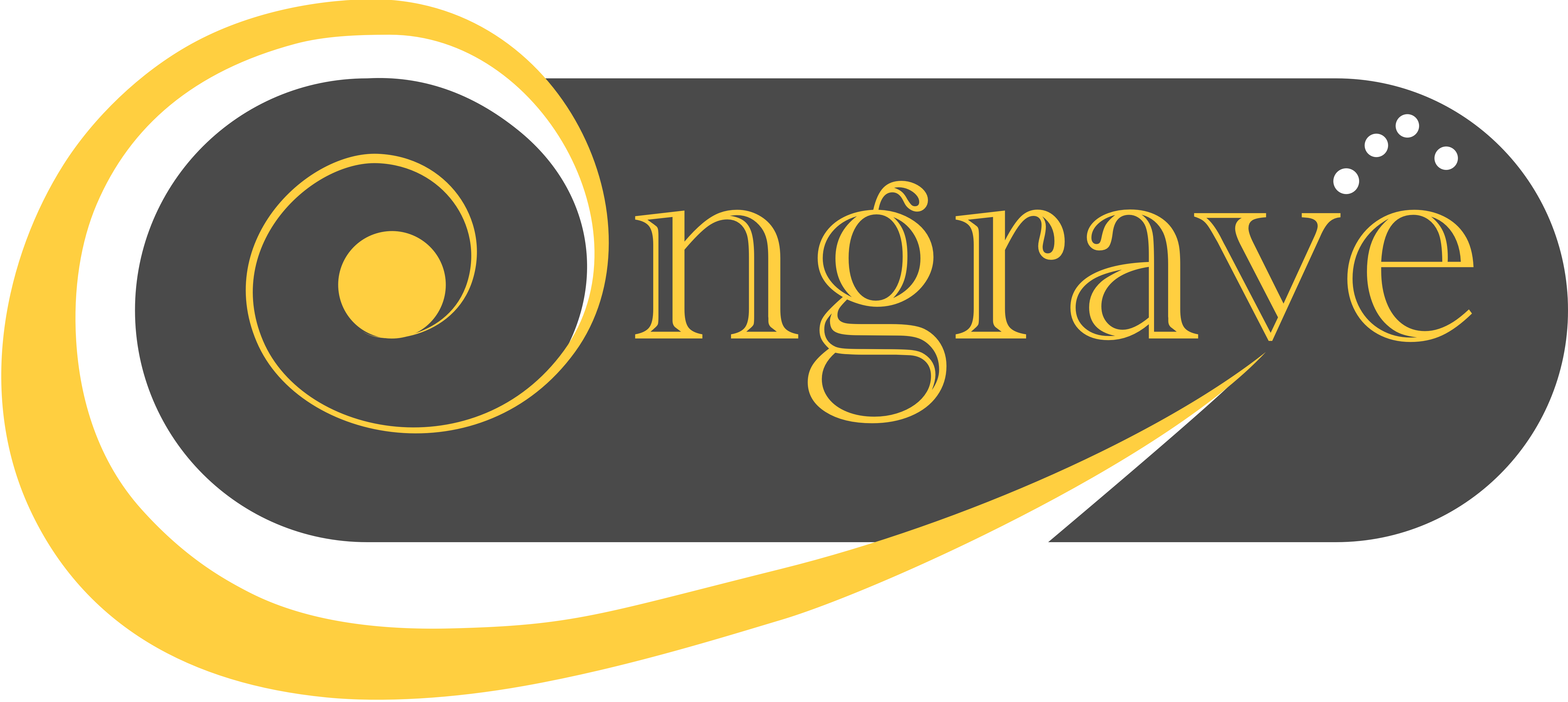
Chryssa Kouveliotou awarded the Shaw prize
We congratulate ENGRAVE member, professor Chryssa Kouveliotou, who was awarded the 2021 Shaw prize in astronomy, jointly with professor Victoria Kaspi, for “their contributions to our understanding of magnetars”. As the name hints, magnetars are highly-magnetised neutron stars: their magnetic fields are much higher (up to a factor of 1000 and more) compared to ordinary neutron stars. They were invoked theoretically first to explain soft-gamma repeaters, very powerful bursts of high-energy radiation observed in the Milky Way and its satellite galaxies. Since then, evidence has amassed confirming their existence and their connection with many classes of astronomical objects.
Magnetars are highly relevant in the field of gravitational wave astronomy. Several models invoke the formation of an ultra-magnetised proto-neutron star (a so-called “proto-magnetar)” following the merger of two lighter neutron stars, which can sometimes collapse shortly after into a black hole. The presence of a magnetar affects the physical processes (including the formation of heavy elements) and the electromagnetic emission due to the merger. It is among the ENGRAVE goals to shed light exactly on such phenomena.
Besides, magnetars are studied in connection with a broad range of phenomena, from long and short gamma-ray bursts, to ordinary and superluminous supernovae, to fast radio bursts, and anomalous X-ray pulsars. They are thus a central component of current astrophysical research. Magnetars are however short-lived (in astronomical terms!), and for that reason they are very rare. Just a couple dozens are known in the Milky Way, out of some 100 billion stars overall!
Professor Kouveliotou has been at the frontline of research of magnetars in all her incarnations, playing key roles in the Compton, BeppoSAX, Swift and Fermi satellites devoted to the discovery and study of gamma-ray transients.
Kouveliotou is current Chair of the Physics Department at George Washington University, in Washington, D.C. (USA), and a retired senior technologist in high-energy astrophysics at NASA’s Marshall Space Flight Center (Huntsville, Al, USA).
The Shaw prize has been awarded yearly since 2004, in the subjects of astronomy, life sciences and medicine, and mathematical sciences. Overall, three women, including Kouveliotou and Kaspi, have been recipients of the Shaw prize in astronomy.
The official announcement with the full motivation can be read here: https://www.shawprize.org/news/announcement-press-conference-2021-press-release.
